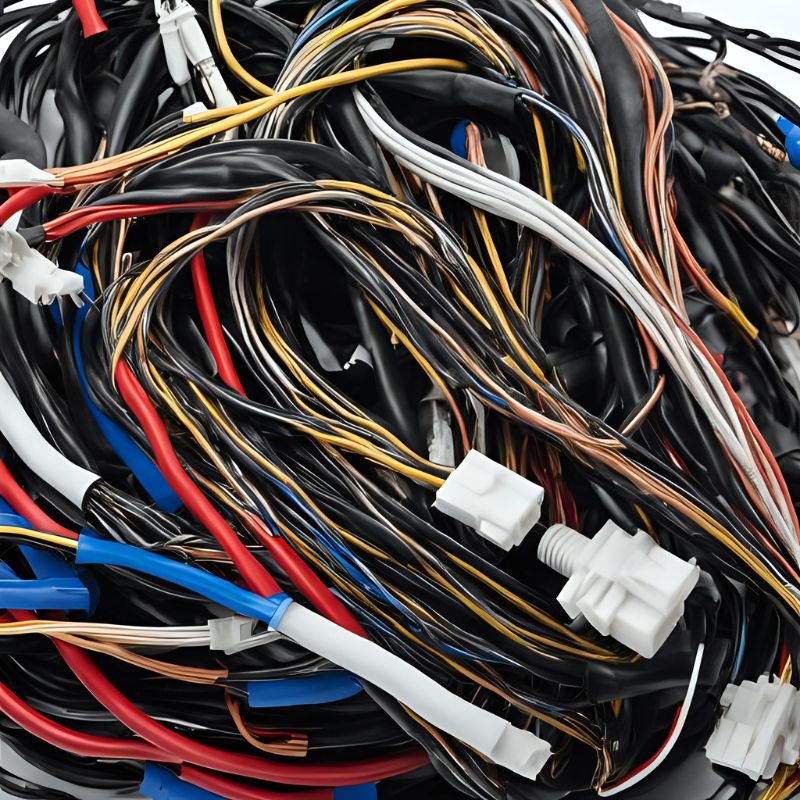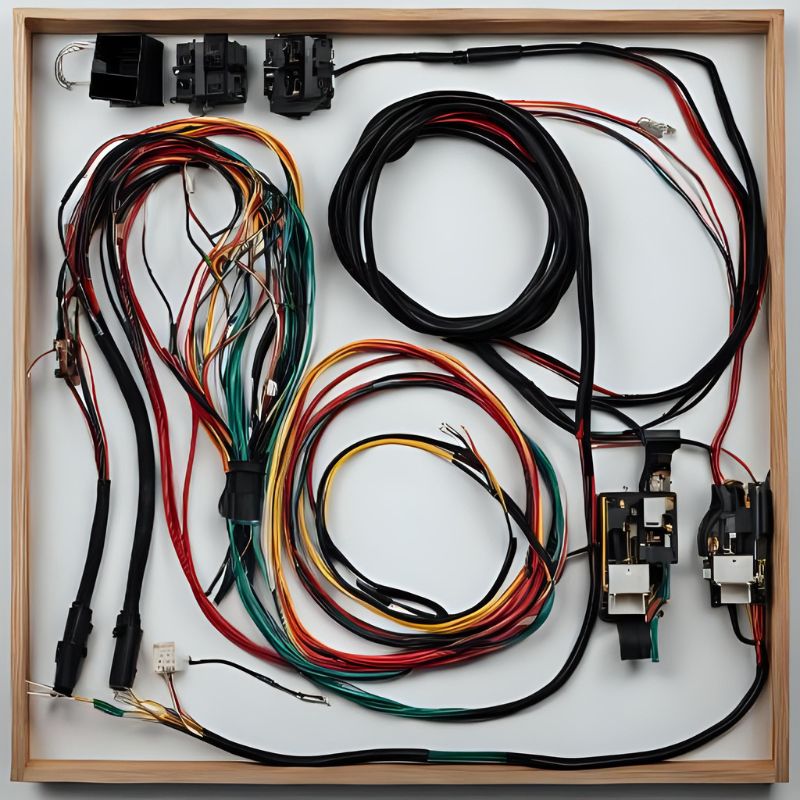In the rapidly advancing field of medical technology, the reliability and safety of medical devices are paramount. One critical component that ensures the seamless operation of these devices is the waterproof connector. Waterproof connectors play a vital role in maintaining device integrity, preventing electrical failures, and ensuring patient safety in various medical environments—from hospitals and clinics to portable and implantable medical equipment. This article explores the significance of waterproof connectors in medical devices, their key benefits, and their applications in modern healthcare.

Why Waterproof Connectors Are Essential in Medical Devices
Medical devices are often exposed to liquids—whether through sterilization processes, bodily fluids, or environmental factors like humidity. Without proper protection, moisture ingress can lead to short circuits, corrosion, and device malfunction, posing serious risks to patients and healthcare providers. Waterproof connectors mitigate these risks by providing a secure, moisture-resistant connection that ensures uninterrupted performance.
1. Enhancing Device Reliability and Longevity
Medical devices must operate flawlessly in critical situations. Waterproof connectors prevent liquid penetration, dust contamination, and chemical exposure, thereby extending the lifespan of medical equipment. For example, in surgical robots, patient monitors, and diagnostic machines, a single connection failure could disrupt procedures or lead to inaccurate readings.
2. Ensuring Patient Safety
A faulty connection due to moisture can result in electrical hazards or sudden device shutdowns, endangering patients. Waterproof connectors comply with IP (Ingress Protection) ratings (e.g., IP67, IP68), ensuring they remain functional even when exposed to fluids.
3. Supporting Sterilization and Hygiene Standards
Hospital environments require frequent sterilization using autoclaves, chemical disinfectants, or UV light. Standard connectors may degrade under such conditions, but waterproof connectors are designed to withstand high temperatures, pressure washing, and aggressive cleaning agents, maintaining hygiene without compromising performance.
4. Enabling Portable and Wearable Medical Devices
Waterproof connectors ensure these devices remain operational in various conditions, allowing patients to maintain their daily activities without interruption.
5. Facilitating Implantable and Invasive Medical Devices
For implantable devices like pacemakers and neurostimulators, connectors must be biocompatible and hermetically sealed to prevent fluid ingress, which could lead to infections or device failure. Waterproof connectors in such applications are designed to meet stringent ISO 13485 and FDA standards.
Applications of Waterproof Connectors in Medical Devices
Diagnostic Equipment
MRI machines, ultrasound systems, and blood analyzers rely on waterproof connectors to prevent signal interference caused by moisture.
Surgical and Robotic Tools
Electrosurgical devices and robotic-assisted surgery systems use waterproof connectors to ensure precision and avoid electrical faults during procedures.
Patient Monitoring Systems
ECG monitors, pulse oximeters, and ventilators require reliable connections to deliver real-time patient data without disruption.
Portable and Emergency Medical Devices
Defibrillators, portable oxygen concentrators, and emergency ventilators must function in all weather conditions, making waterproof connectors indispensable.
Implantable and Wearable Medical Technology
Devices like cardiac monitors, insulin pumps, and hearing aids depend on waterproof connectors to maintain functionality in moist or submerged environments.
Key Features of High-Quality Waterproof Connectors
High waterproof rating, truly achieving waterproof and dustproof performance
Chemical and Corrosion Resistance – Withstands disinfectants and bodily fluids.
Robust Mechanical Design – Prevents disconnection due to movement or vibration.
Biocompatibility – Safe for use in implantable and skin-contact devices.
EMI/RFI Shielding – Reduces electromagnetic interference in sensitive medical electronics.
Conclusion
Waterproof connectors are indispensable in modern medical devices, ensuring reliability, safety, and durability in demanding healthcare environments. From critical care equipment to wearable health tech, these connectors prevent failures caused by moisture, chemicals, and sterilization processes. As medical technology continues to evolve, the demand for advanced waterproof connectors will only increase, reinforcing their role in safeguarding patient health and enhancing medical device performance.
Investing in high-quality waterproof connectors is not just a technical requirement—it’s a commitment to patient safety and healthcare excellence.



